Economy
[IMPEACHMENT] Seoul aims to offset leadership vacuum, up NK pressure
[THE INVESTOR] Despite a leadership vacuum, Seoul is seeking to step up efforts to minimize its impact on diplomacy and security this year while intensifying sanctions and pressure over North Korea’s nuclear and missile programs.
The foreign, defense and unification ministries held their joint annual New Year policy briefing for acting President Hwang Kyo-ahn on Jan.4, pledging to facilitate stable state management and wrap up the incumbent administration’s key initiatives.
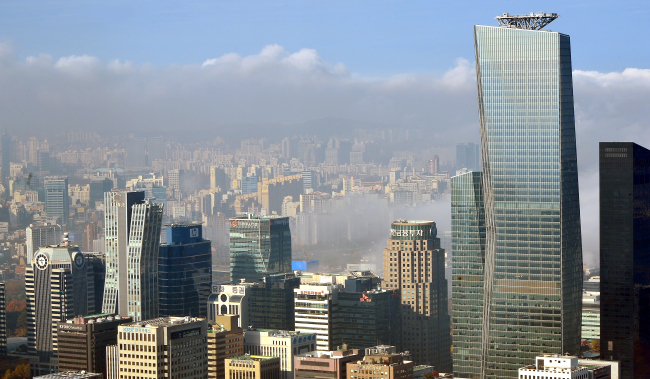 |
With President Park Geun-hye’s duties on hold, the prime minister set security as the top priority for his interim leadership along with the economy, rearranging the regular schedule to receive the three ministries’ briefing first.
The Foreign Ministry mapped out plans to put “omnidirectional” pressure on Pyongyang by squeezing its revenue sources, deepening diplomatic isolation and expanding the sanctions regime.
Foreign Minister Yun Byung-se said the country faces the “gravest diplomatic and security environment since the end of the Cold War,” citing the North’s evolving nuclear threats, the incoming Donald Trump administration and growing pressure from China over a plan to station a US missile shield here, among others.
“I expect an unprecedentedly complex diplomatic and security situation will unfold this year. … Our aim is to actively respond to looming challenges and strive to turn them into opportunities,” the minister told reporters.
“At this point, what’s most important is to minimize any vacuum and maintain consistency and continuity in our foreign policy building on the past four years of lessons.”
He raised the possibility of Pyongyang’s strategic provocation in the first half, referring to past cases that coincided with a US government change, and a number of upcoming national holidays such as those for the birthdays of leader Kim Jong-un and his father and grandfather.
In his own New Year address, Kim also said the country was in the “closing phase” of preparations for a launch of an intercontinental ballistic missile.
To boost joint pressure and ensure smooth policy coordination with the Trump administration, Yun said he intends to contact his new US counterpart Rex Tillerson as soon as his confirmation hearing was completed in the first quarter.
“It is imperative to promote coordination with the Trump leadership so as to maintain the international community’s united front against the North,” the top diplomat said, citing the president-elect’s Twitter message that the North’s ICBM development “won’t happen.”
“Applying such robust diplomatic pressure requires military measures that are far more effective than before.”
Despite tension with China and Park’s suspension, Seoul will push for a trilateral summit with Japan in the first half, which was initially scheduled for late last year.
Tokyo has proposed a potential date for the meeting as the host, and the sides are currently in consultation, ministry officials said.
But the summit’s prospects remain grim in light of Beijing’s stringent protest against the plan to deploy the US’ Terminal High Altitude Area Defense battery here. After a letup, historical tension is brewing again between Seoul and Tokyo after a new “comfort woman” statue was set up in Busan, while China and Japan are at loggerheads over East China Sea islands.
Yun stressed the need to keep up momentum from the last three-way summit, held in November 2015 for the first time in 3 1/2 years.
“In the North Korea issues, we will work to continue to leverage China, while formulating comprehensive countermeasures to China’s moves with regard to THAAD through discussions with related agencies,” he added.
With virtually all cross-border exchanges at a standstill, the Unification Ministry will focus on laying the foundation for a unification at home such as by improving policy on defectors and human rights in North Korea.
But the ministry said it would explore ways to revive dialogue if it contributes to the denuclearization of the peninsula.
“It’s not that we won’t do talks. Our direction is to hold denuclearization talks first and then expand them to other areas if conditions are mature,” Unification Minister Hong Yong-pyo said at a news conference.
“For the two Koreas to have meaningful dialogue, the North’s resolve for a denuclearization is vital. But at the moment, as the North’s firm resolve for nuclear development was confirmed in (Kim’s) New Year speech, we are not considering offering talks from our part first.”
Since Pyongyang’s fourth nuclear test and long-range missile firing early last year, Seoul refrained from providing humanitarian assistance or approving civic groups’ requests.
Hong, however, acknowledged the need for sustained relief supplies, saying he would support aid for children, pregnant women and others in need and make a decision based on “necessity, urgency and transparency.”
By Shin Hyon-hee/The Korea Herald (heeshin@heraldcorp.com)


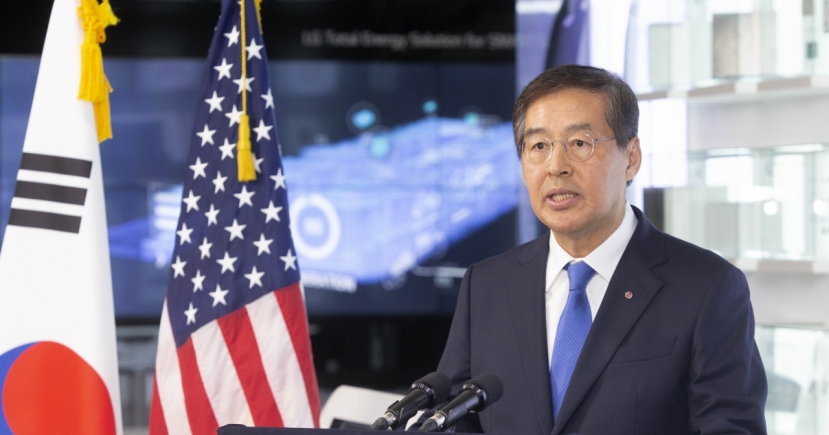
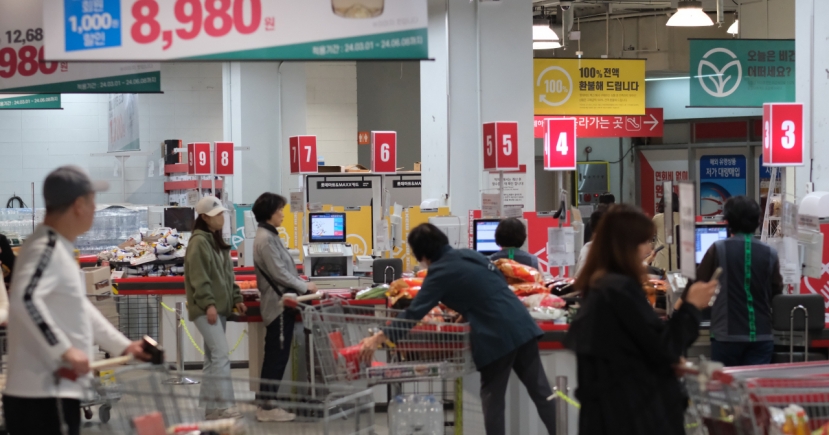
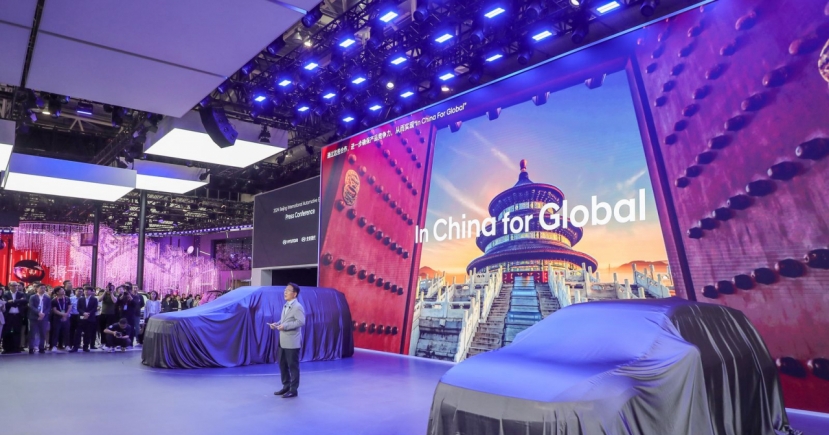
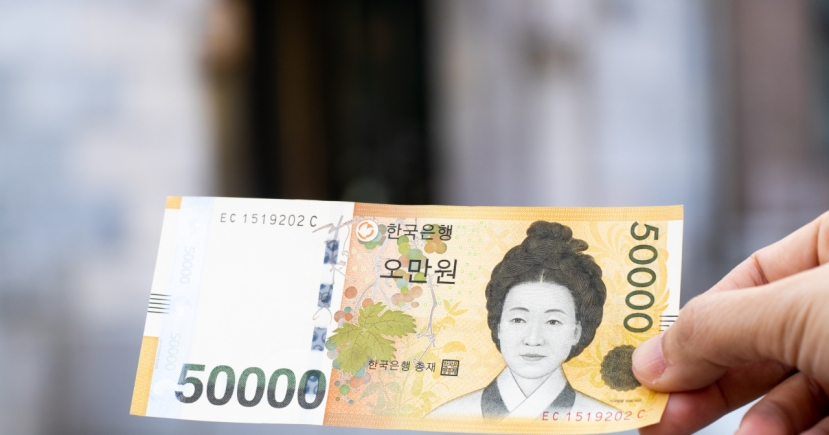
![[KH Explains] Korean shipbuilding stocks rally: Real growth or bubble?](http://res.heraldm.com/phpwas/restmb_idxmake.php?idx=151&simg=/content/image/2024/04/25/20240425050656_0.jpg)
![[Hello India] Hyundai Motor vows to boost 'clean mobility' in India](http://res.heraldm.com/phpwas/restmb_idxmake.php?idx=151&simg=/content/image/2024/04/25/20240425050672_0.jpg)
